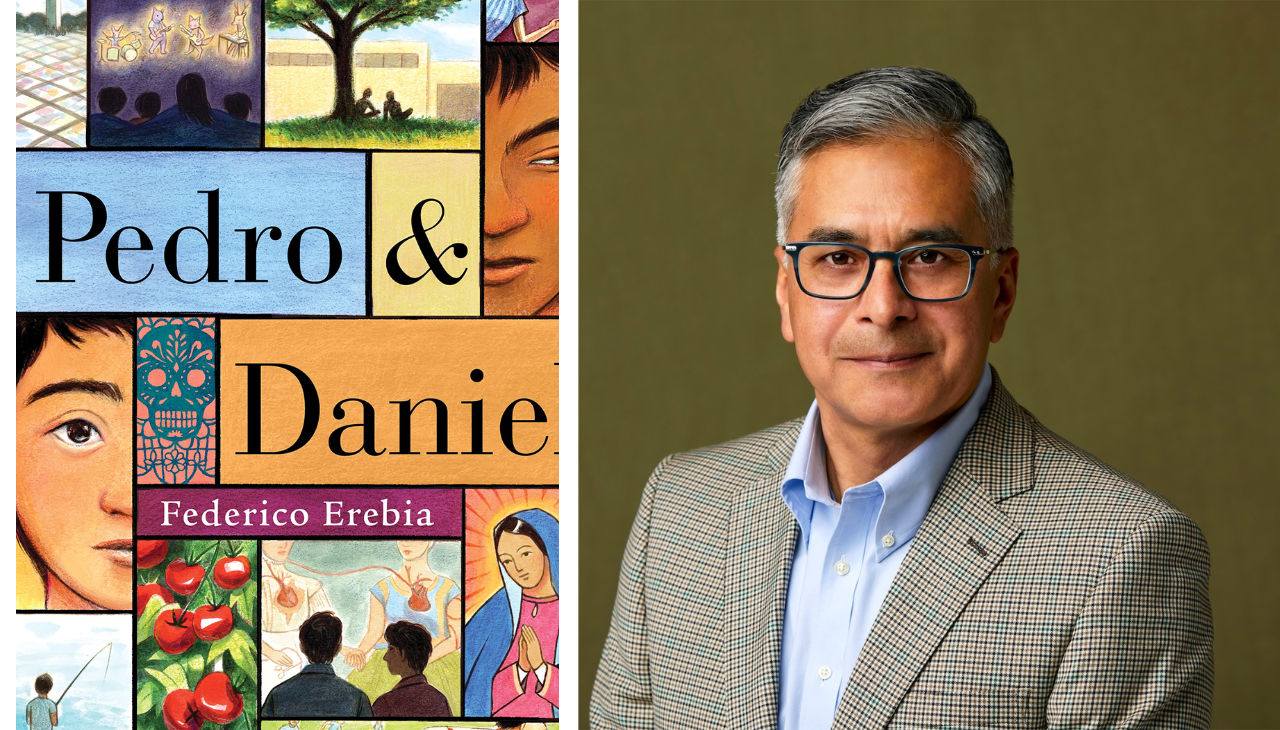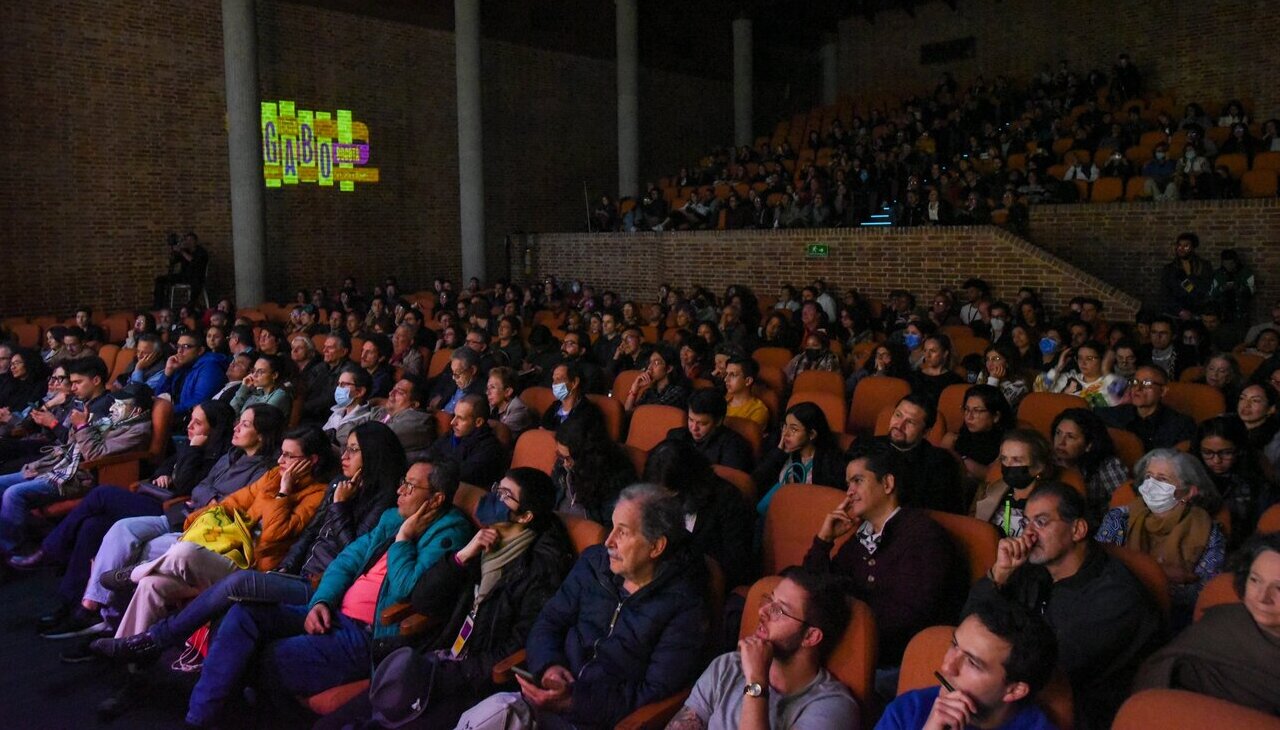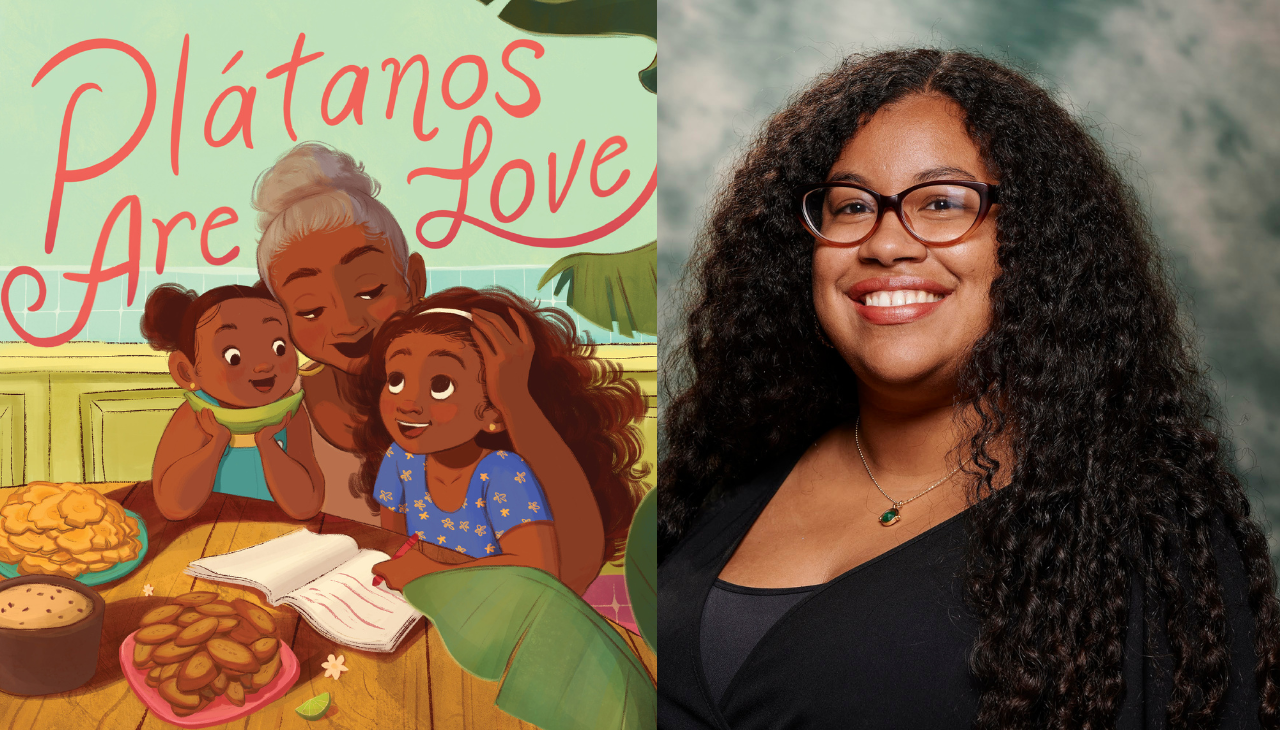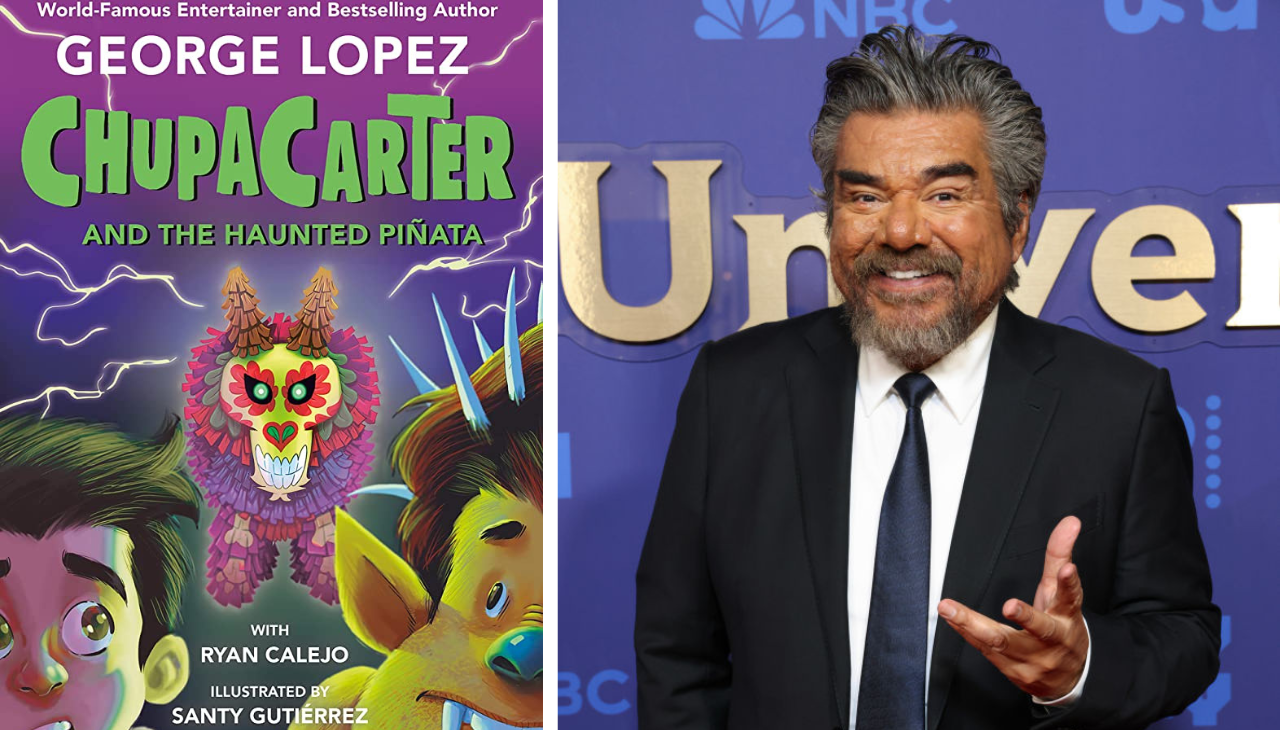
First ever anthology of speculative fiction by U.S. Latino writers will be launched from Philly
Next summer, Matt Goodwin plans to launch the first ever anthology of speculative fiction by Latino/a writers called “Latino/a Rising.” As of now his authors…
Next summer, Matt Goodwin plans to launch the first ever anthology of speculative fiction by Latino/a writers called “Latino/a Rising.” He just launched a Kickstarter campaign on Tuesday with a goal of raising $10,000 so that all the anthologies writers can earn a “decent wage.” As of now his authors list is geographically diverse: writers come from California and North Carolina, Philadelphia and Arizona.
For Goodwin, speculative fiction, which encompasses science fiction, fantasy, horror and dystopian narratives, is an apt medium to explore the experience of migration, a process that can create feelings of isolation, personal fragmentation and a strong awareness of the absurd.
So far, Junot Diaz has already agreed to submit a short story, about an alien virus that strikes Haiti. Goodwin says Diaz will use science fiction to explore Haiti’s complicated class system.
The idea for the anthology is informed by Goodwin’s experiences in northwest Arkansas as an immigrant rights advocate. The region is home to the Walmart Corporation and Tyson Foods, and thus a large population of Central American immigrants who came to work in the factories. One of Goodwin’s friends was a Guatemalan man who worked in the local chicken factories. “Hard, hard stuff,” says Goodwin.
Goodwin went over to his friend’s house one day for the first time, and was alarmed to discover that the home was almost empty. There was just “a bible and box of donuts.” He realized that his friend didn’t have the time, money or energy to make the temporary lodging into any kind of a home, and so his life revolved around the chicken factory and the hard hours he put in there.
“It was the extremity of it, this kind of real, extreme life scenario, where you’re kind of a solitary worker just constantly working,” says Goodwin, that reminded him of works like 1984. And the larger immigration system with all its byzantine rules and seemingly endless paper work, struck him as Kafkaesque.
In the years that followed that moment in rural Arkansas, when Goodwin decided to get his doctorate in literature from the University of Massachusetts, his research interests revolved around connecting the speculative fiction world with the Latino immigrant experience.
As of now, some works have been approved for the anthology, but the project is still in its early stages. Anyone can submit work in English, Spanish or even indigenous Latin American languages like Quiche or Aymara. The main goal, says Goodwin, is to give writers of color a space to share work, and ultimately, with enough fundraising, to create writers’ retreats. And most importantly, to let Latino/a writers know that, as he puts it, “they can write like this.”
Traditionally science fiction has been viewed as a white, male-dominated world, with notable exceptions, like the African American writer Octavia Butler or white female author Margaret Atwood. Audiences don’t often think to associate Latinos with the speculative genres, (the Wikipedia page for speculative fiction didn’t list any U.S. Latino authors until Goodwin started adding them in) despite the fact that there are several writers who specialize in or pay homage to speculative fiction, like Dominican born, New Jersey-bred Junot Diaz, or the Chicano writer Ernest Hogan.
“It’s changed,” a little, says Goodwin, “but it continues. It’s still a problem.”
It was Diaz’s book, “The Brief Wondrous Life of Oscar Wao,” about an awkward Dominican American nerd and the parallels between the Dominican Republic’s bloody Trujillo dictatorship and popular works from the canon of British and American Science Fiction and fantasy — like The Lord of the Rings and Star Trek — that drew wider social attention to how sci-fi could inform the immigrant experience, and vice versa.
But Goodwin hopes that this anthology pushes Latino-penned speculative narratives further into the mainstream.
So far, Junot Diaz has already agreed to submit a short story, about an alien virus that strikes Haiti. Goodwin says Diaz will use science fiction to explore Haiti’s complicated class system.
Ernest Hogan, whose Southwest Chicano experience is markedly different than Diaz’s, will submit a piece in which Texas secedes from the larger United States.
While no states will likely leave the US anytime soon, Hogan’s story hints at an interesting eventuality: in the next few years, Latinos will be in the demographic majority. And so the cultural moment for “Latino/a Rising” feels deeply appropriate.
“Whenever I tell anyone about the project,” says Goodwin, “They’re like, ‘Wow! This is what we’ve been waiting for!’ ”










LEAVE A COMMENT:
Join the discussion! Leave a comment.